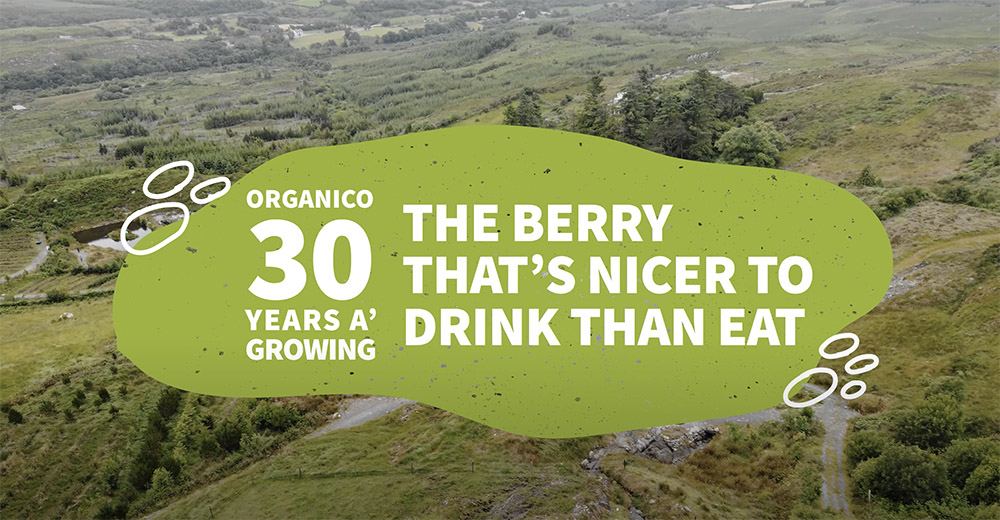We were thrilled to be featured in an interview recently with Hannah and Rachel Dare of Organico https://www.organico.ie in Bantry. This dynamic and progressive store has given wonderful support to PhyterBerry Aronia products – and in fact was our first ever retail / trade customer.
I am most grateful for their support and for the excellent production. And here’s the YouTube video
As a public health nutritionist and farmer, I see a crisis of metabolic syndrome, the combination of central obesity, high blood pressure, diabetes and deranged blood fats, engulfing Ireland. This is causing ever increasing suffering, disability and premature death – as well as placing an unaffordable cost burden on our health care system and economy.
I am convinced that quality plant based organic agriculture, growing crops with proven health benefits are a key element in the changes required to address this.
I am Steve Collins, a medical doctor who has spent 35 years working in humanitarian relief. My latest venture as an organic farmer in the hills above Bantry is an exit strategy from wars and famines so I can be at home to help raise a young family. Looking for healthy crops to grow in west Cork, I landed on Blueberries and Aronia berries. Aronia berries are an extremely nutritious food that are now growing productively high up on my mountain land previously considered unsuitable for any crop.
Originally a native American Indian medicinal food, they are profoundly good for you, containing high levels of plant nutrients (phytonutrients) that regulate core metabolic process. Modern scientific research has identified a subset of these, called polyphenols, as core elements of a healthy diet.
Aronia produce these as part of their immune system and have the highest polyphenol content of any fruits or vegetable. Their abundance makes aronia exceptionally hardy and disease resistant. What’s more, they are deep rooted, drought and waterlogging tolerant and resistant to wind, making them ideal for organic agriculture in Ireland.
The berries make a lovely juice with a unique taste. Most juices are unhealthy because of the high quantities of sugars they contain. Not aronia, that are much lower in sugar than orange or apple juice and instead have most of their carbohydrate in the form of Sorbitol. Sorbitol isn’t absorbed in the small intestine and doesn’t contribute to obesity. Instead, it can promote health by feeding the microbiome, the billions of beneficial bugs in the gut that are essential to good health. In addition, good quality scientific studies have shown that when taken with food, aronia dramatically reduces rises in blood sugar levels. This directly helps prevent metabolic syndrome and its devastating consequences such heart attacks, stroke and dementia to name but a few.
We have also found that for many consumers, aronia’s profound effects on sugar metabolism even reduces sugar cravings and helps people to manage their weight in a manner that is much easier to sustain than conventional dieting.
In Ireland I think we have a wonderful opportunity to capitalise on our natural advantages for organic agriculture and expand aronia cultivation. Our population is aging and sadly, metabolic health is deteriorating fast across all age groups. What’s more, legally binding climate change mitigation measures are forcing changes to our agriculture whether we like it or not. This is a rapidly gathering crisis and we need to act now and push for co-ordinated approaches to avert major breakdowns of our health and agricultural systems with all the suffering that will cause.
That action requires policy led by public health considerations that is coordinated with agricultural changes that reduce emission whilst maintaining productivity and the livelihoods of farmers.

